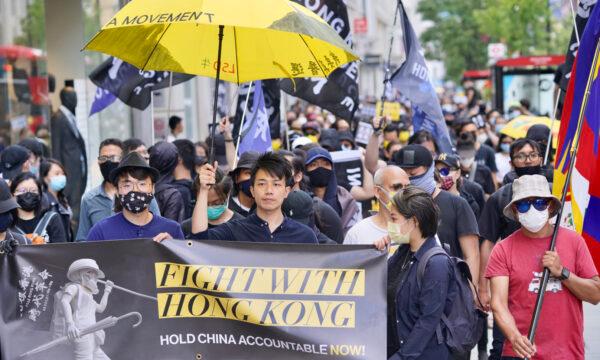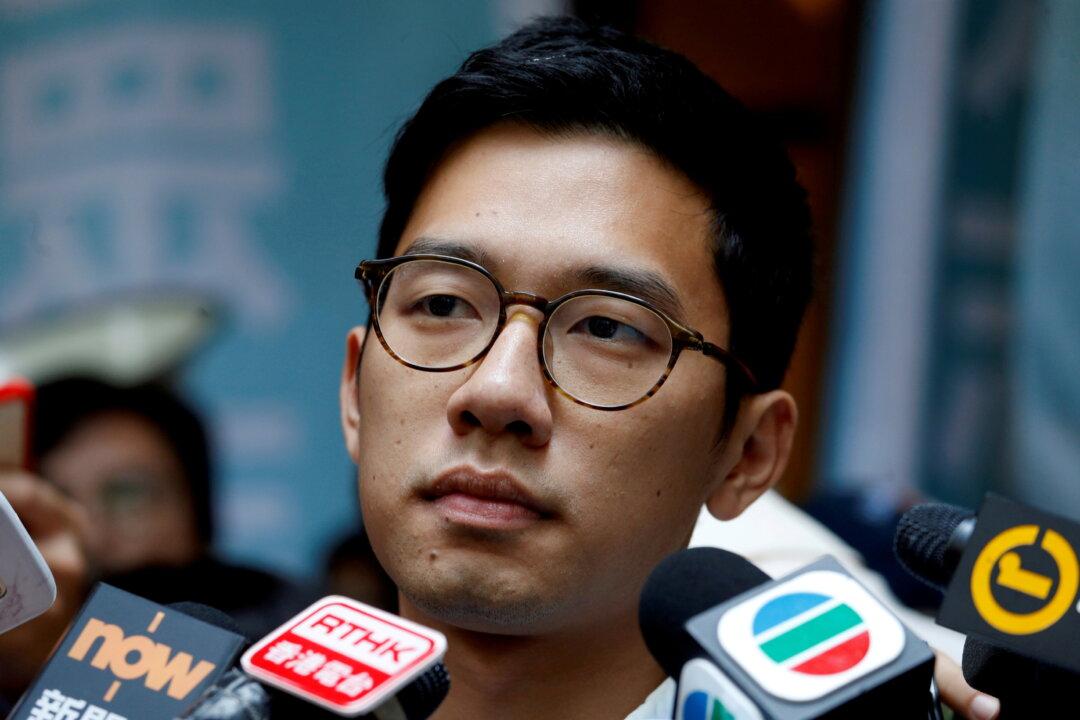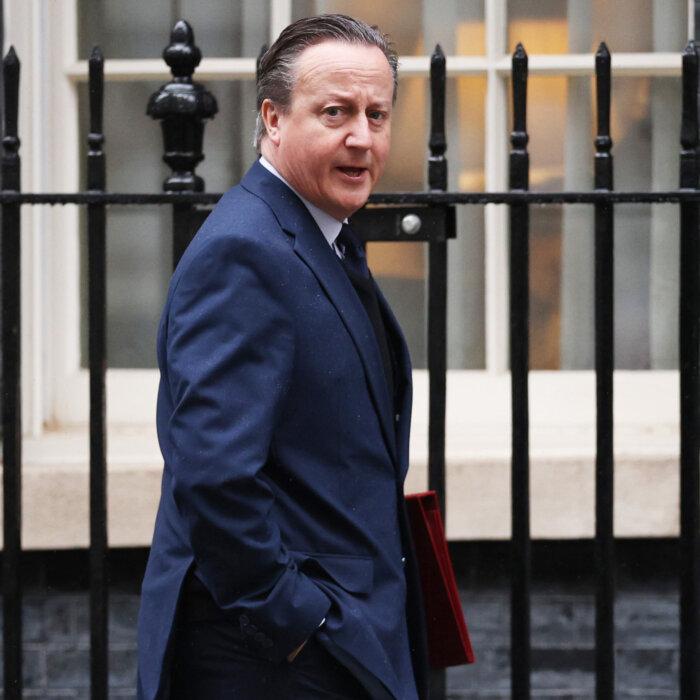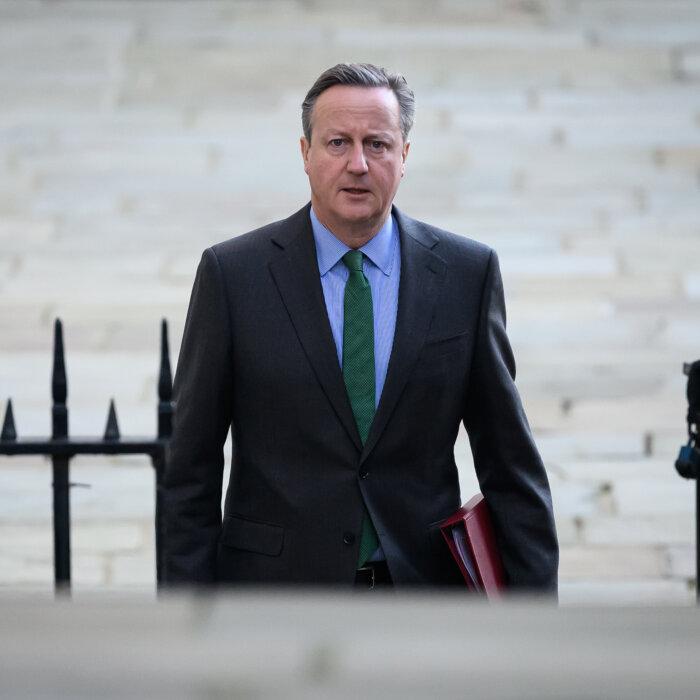Authorities in Hong Kong invoked the city’s new national security law on Wednesday to target pro-democracy activists in exile in the UK.
The six people targeted were already wanted by Hong Kong Police over alleged offences, including incitement to sedition and collusion with a foreign country or with external elements to endanger national security, under the Beijing-imposed national security law.
Authorities have now announced a series of new sanctions against them, including the cancellation of their passports, using new powers in the Safeguarding National Security Ordinance, which is Hong Kong’s homegrown national security law enacted in March.
Announcing the new sanctions, Secretary for Security Chris Tang Ping-keung said the measures were applicable to six “absconders,” including Nathan Law, a former member of Hong Kong’s Legislative Council; Simon Cheng, founder of NGO Hongkongers in Britain; campaigners Finn Lau and Christopher Mung; and Tony Choi and Johnny Fok, co-hosts of a YouTube channel.
All six individuals have had their Hong Kong passports cancelled.
Authorities banned anyone from providing funds or economic resources to the six, leasing properties to them, or forming any joint venture with them, or risk a penalty of up to seven years in prison.
They also suspended Mr. Fok’s licence to practice law, and applied a “temporary removal from office of director” to Mr. Mung and Mr. Choi.
Referring to the six as “lawless wanted criminals,” a government spokesperson claimed they “continue to blatantly engage in activities that endanger national security ... make scaremongering remarks to smear and slander the Hong Kong Special Administrative Region ... [and] collude with external forces to protect their evil deeds.”
Mr. Tang, when asked whether subscribing to the activists’ accounts on Patreon and YouTube is illegal, said anyone who provides funds to them would be seen as violating the rules, regardless of the platform.
The six UK-based individuals are among 13 pro-democracy activists wanted by Hong Kong Police, which issued a bounty of 1 million Hong Kong dollars (around £100,000 or $128,000) for each of them.
The Foreign Office also summoned Chinese Ambassador Zheng Zeguang in May, saying “the issuing of bounties is not acceptable.”
Since Beijing imposed the national security law on Hong Kong in 2020, many activists were arrested, silenced, or forced into self-exile.
Over 144,400 people from Hong Kong have moved to the UK using a special visa that allows them to live and work in the country and apply for British citizenship after six years. The UK introduced the pathway in 2021, in response to the 2020 security law.
Additionally, the British government granted asylum to Mr. Law and Mr. Cheng.
He called on people in Hong Kong to prioritise their safety, but also urged them look out for one another and not to “lose the sense of right and wrong.”

Mr. Cheng said on social media platform X: “These actions are politically motivated and ineffective. Our lives and advocacy continue unaffected in the UK. The attempts to silence us will only strengthen our resolve to fight for democracy and human rights in Hong Kong.”
Mr. Lau wrote on X that the deployment of the ordinance is “an explicit act of transnational repression and another breach of the Sino-British Joint Declaration,” “another clear example of Hong Kong judiciary system being weaponised by Beijing,” and echoed Lord Sumption’s remarks following his resignation from Hong Kong’s top court last week.
Lord Sumption said he felt that judges in Hong Kong have been “intimidated or convinced by the darkening political mood,” and that it’s “no longer realistic” for foreign judges to help sustain the rule of law in Hong Kong.







